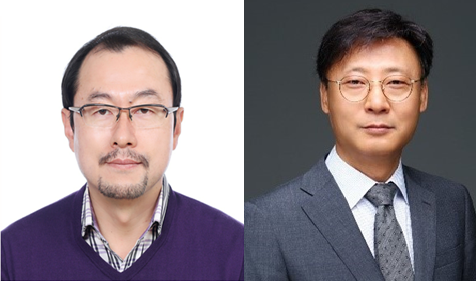A research team at the Korea Advanced Institute of Science and Technology (KAIST) team has developed nanomedicine for chemotherapy using an artificial glycolysis library platform.

Various types of sugar chain aggregate surrounding the cell membrane called glycocalyx display different binding forces specific to cancer cells and carcinomas. Accordingly, the research team synthesized 31 artificial carbohydrate candidates bound to cancer cells and established a 30-nanometer artificial carbohydrate-based nanoparticle library.
For the first time, the researchers demonstrated that this library could develop targeted anti-cancer drugs by evaluating their target capabilities and therapeutic efficacy in cancer models.
Glycan is prominently expressed on the surface of all living cells and participates in cell signaling, molecular recognition, and immunity processes. However, tumor cells express an abnormal glycol pattern on the cell's surface according to the cancer species. This glycol layer plays an important role in the metastasis and proliferation of cancer cells.
The researchers developed an artificial carbohydrate-based nanoparticle library platform that selectively binds to these abnormal glycosides present on the surface of cancer cells. They imitated a new combination of carbohydrates from the natural five sugars: glucose, galactose, mannose, glucosamine, and galactosamine, to produce a new combination of glycosides.
Based on screening results in a cancer cell and tumor animal models, the research team verified that artificial carbohydrate nanoparticles made of a specific sugar combination exhibited high cancer-targeting ability. Furthermore, animal experiments have shown that target tumors can be effectively treated through photothermal therapy and chemotherapy by shipping anticancer drugs to artificial carbohydrate nanoparticles with excellent cancer-targeting capabilities.
"The artificial carbohydrate-based nanoparticle platform has been applied to the development of nanomedicine cancer-targeting therapies, but we want to also expand to other diseases to develop specific long-term targeted nanomedicines," said Professor Jeon Sang-yong of the Department of Life Sciences who jointly led the study with Professor Lee Hee-seung of the Department of Chemistry.
The study entitled “Systematic screening and therapy evaluation of glyconanoparticles with differential cancer affinities for targeted cancer therapy” was selected as the cover of Advanced Materials on June 20.

